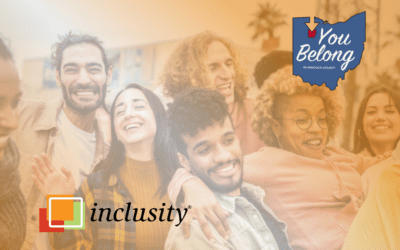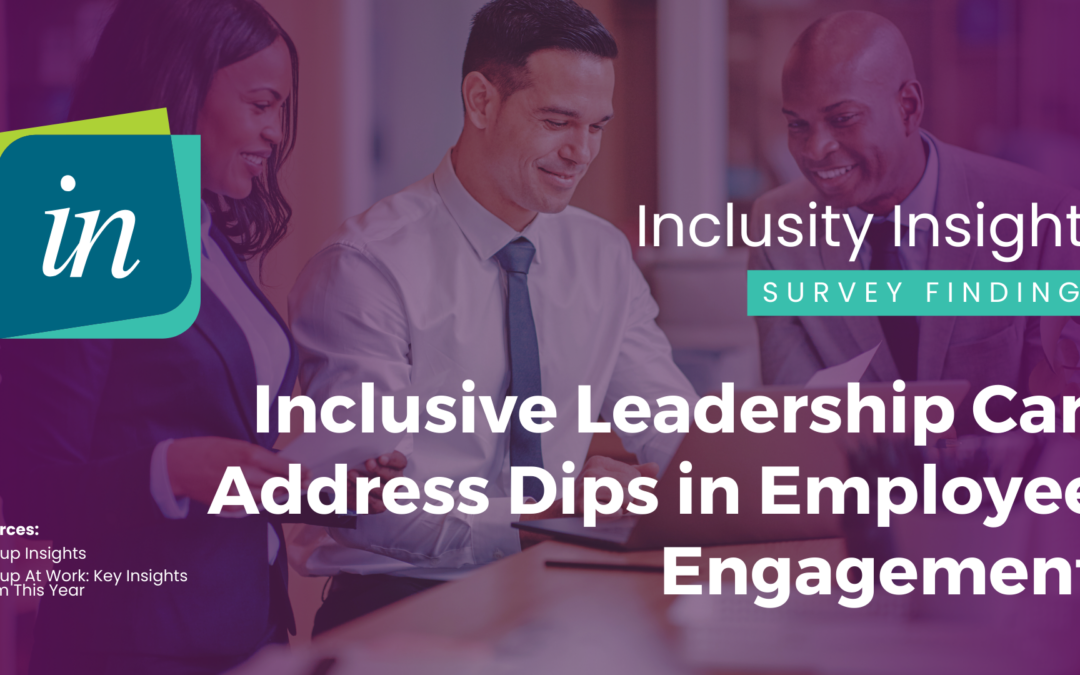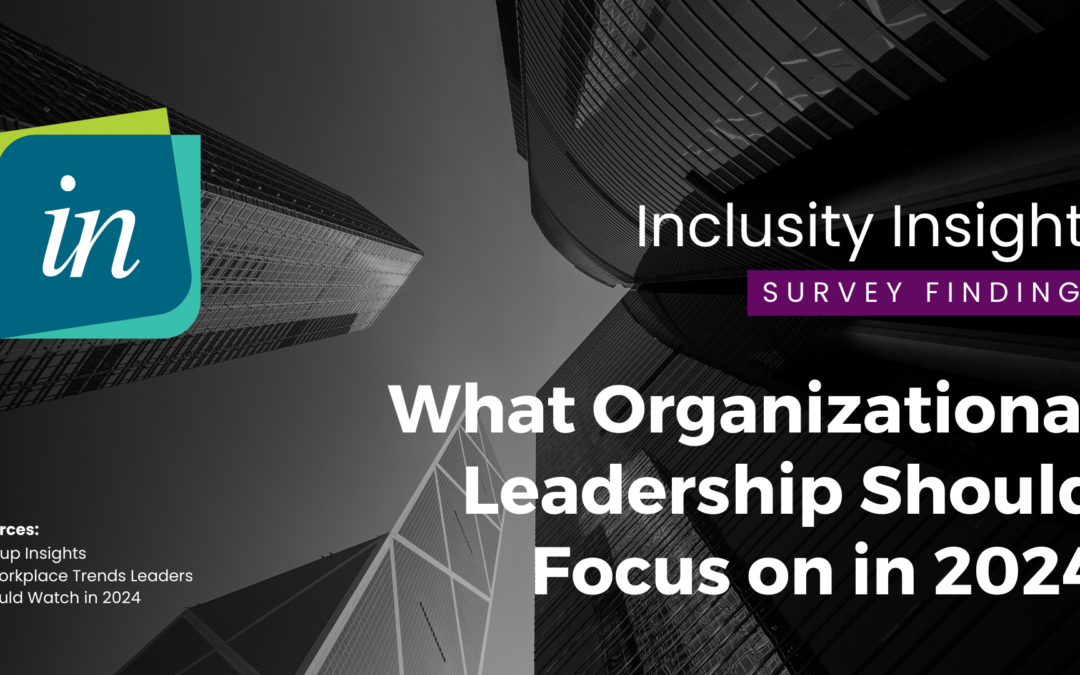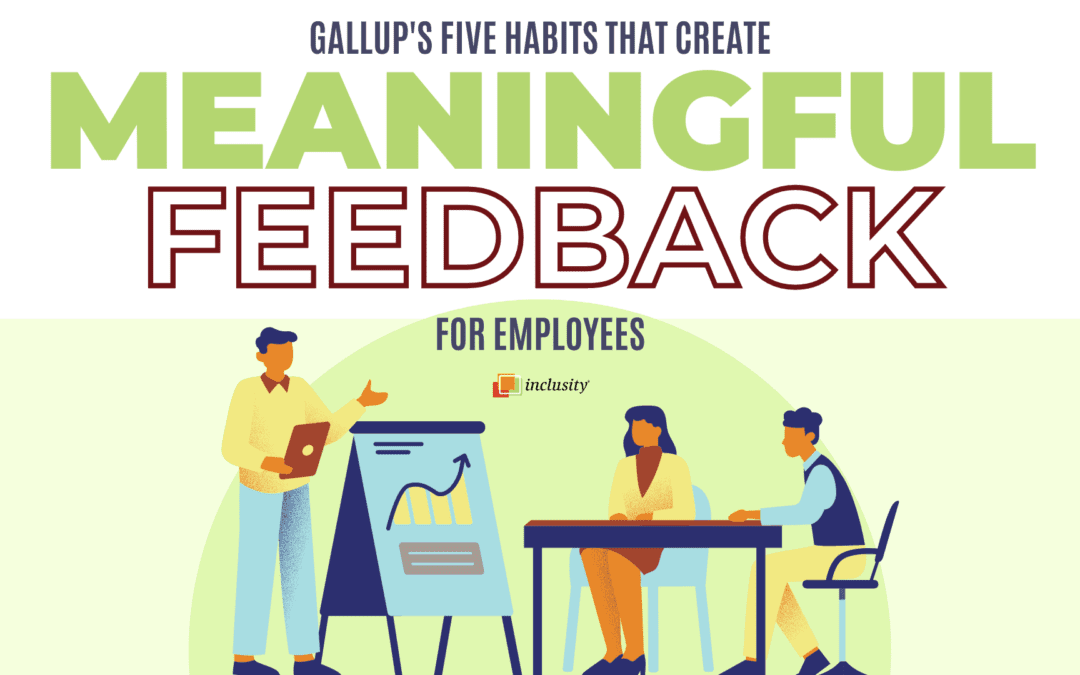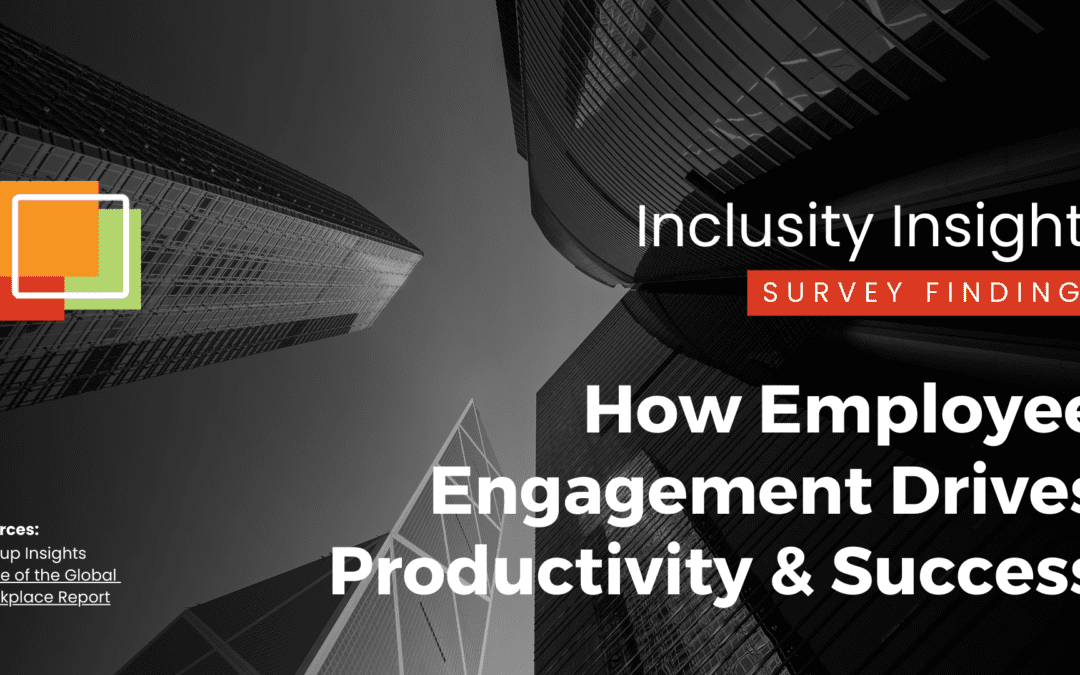Over the past three decades, Diversity efforts unintentionally excluded white males, women, and people of color who did not primarily self-identify by their race, ethnicity, and/or gender. The good news is that by focusing exclusively on these specific differences (and eventually sexual orientation, physical disabilities, etc.) some employees felt included for the first time in their career. The bad news is that others, who never felt excluded in the past, now do.
In our work with hundreds of leaders across the globe we have heard countless stories of organizations, while trying to “diversify” their organizations, have disenfranchised the white men whose help they needed to teach the “diversity” how to succeed. Is it any wonder that some of the diverse talent, often highly educated and able, fail in spite of their innate capabilities? As most of us know, individual success is a rare thing. Indeed, most leaders are developed from a “village” of informal mentors and coaches from within the organization itself.
But when that “village” feels excluded, and watch others be promoted to the positions they thought would someday be theirs, they can shift the success equation dramatically. According to a recent study announced by the Society of Human Resources Professionals: first, they can refuse to transfer the knowledge they have gained in their decades of experience; and second, they can retire the organization leaving a huge knowledge gap in their wake.
“The U.S. Bureau of Labor Statistics forecasts that by 2016 one-third of the U.S. labor force will be in the 50-plus age category, compared with 27% in 2007. Now that the large Baby Boom generation has reached retirement age, organizations are faced with the prospect of losing many workers with key talents, experience and skills. The percentage of retired Baby Boomers has nearly doubled since 2010 when the U.S. Census Bureau found that 10% of Baby Boomers were retired.”
Normally, this would not be a huge challenge. We have been managing retirements for decades, correct? Actually, not so. We have not managed the same kinds of workplace transitions that are happening today.
For many organizations cost-cutting measures, increased global competition, and economic downturns, created situations in which highly talented and experienced White Male employees are now being replaced by Female, Gay, African-American, Latino, and Asian Millennials with whom no true connection has been made. And where the connection has not been made, knowledge transfer has not occurred.
Some organizations deal with this phenomenon called “Brain Drain” by re-employing their retirees, sometimes through new companies created specifically for this purpose. This costly, but effective short-term solution does not specifically target knowledge transfer, but rather maintains the status quo. In other words, the organizational “brain” is not “drained” until the re-employed retiree actually decides to call it quits for good. The outcome is postponed, but remains the same!
We formed Inclusity to lead the diversity conversation from being “race/gender” focused to a broader, more inclusive one that engages everyone in today’s evolving workplace. We believe that one of the groups we need to target most are the “Over 55” and “Under 30” populations, in organizations that are dealing with this concept known as “Brain Drain.”
We recommend instead of re-hiring your retirees, you work with us to create a five to ten year plan that builds strong working relationships between experienced workers and the individuals who will eventually take on their roles. By creating authentic connections between the aging workforce and its’ younger talent, we create mentoring relationships that can teach millennials while valuing experienced employees with the knowledge and skills that need to be shared.
Beginning with facilitated discussions, and throughout our Inclusity Platform we strive to include all people. This avoids short-term people decisions that can cripple your long-term success strategies. For more information about what Inclusity offers, please see our Solutions & Services page.


